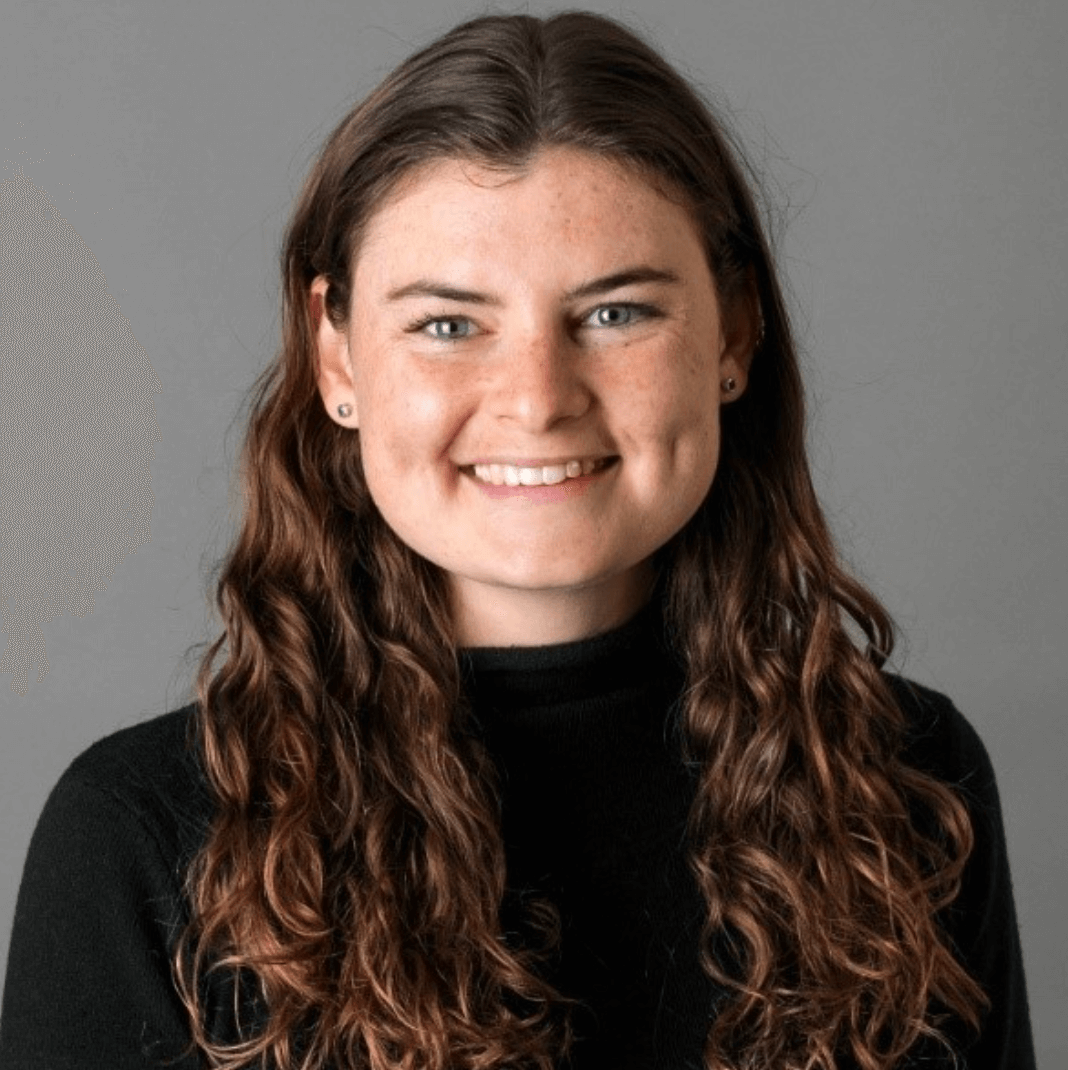After completing her degree in economics, Madison entered the workforce as a management consultant. However, driven by her interest in the environment and climate change, Haas became a manager on the climate strategy consulting team, a position she currently holds at 3Degrees, a global climate solutions company. “I always wanted my work to have a positive impact,” Madison recalls, continuing on to explain how, “...based on my degree in economics, I felt that companies and the private sector had a big role to play in solving the climate problem, so I went to work in the consulting field so I could advise companies on their role in addressing this challenge.” Madison’s post-graduate career path was inspired by the intersection of areas that interested her and her educational background, an overlap she encourages all students to explore. One way Haas suggests doing so is by gaining experience. “I did internships during both my sophomore and junior summers that really helped me think about what I wanted to do after graduation, gain real professional experience, and grow my network,” Madison explains, stating that these experiences were extremely helpful in her job search process following graduation. Madison was also able to explore the overlap of environmental action and economics in one of her favorite classes she took at the University of Vermont, Economics of Environmental Policy.
Like many other alumni, Madison recommends students develop their quantitative and qualitative skill sets to help them stand out from other applicants in the job search process. For students interested in entering a field that works towards addressing climate change specifically, Haas believes there are so many ways to get involved, from policy to science to non-governmental organizations. The important thing, she emphasizes, is to find a field that interests you and fits the skills you have. Madison’s advice to students is to “...identify a path you are passionate about, learn more about it (through both research and networking), and build a case for how you can apply your unique skill set to the role.”
Madison’s undergraduate and post-graduate experiences demonstrate the importance of identifying what interests you in a career and gaining experience that will help you succeed in a field.
